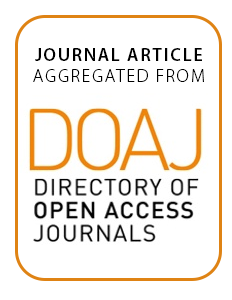Location
The Institute of Architecture and Urban & Spatial Planning of Serbia (IAUS) was founded in 1954 within the Faculty of Architecture. It was established as an independent scientific research organization by the Decision of the Republic Executive Council No.N/303 of May 13, 1961. The Institute’s scientific research and professional work is carried out within three organizational units as follows:
- Center for Architecture and Housing;
- Center for Spatial Development and Environment, and
- Center for Information Technology, Publishing Activities and Education.
The Institute has 40 full-time permanent employees of various professional orientations (30 of which are holders of scientific, research or professional titles). It also gathers many visiting associates - experts in specific fields.
The Institute has been established with the aim to deal with research and educational work, as well as work on comprehensive projects in the field of architecture and urban planning. In previous period, due to specific conditions of financing scientific research projects, greater results were achieved in professional work, particularly in architectural and urban designing, as well as spatial and urban planning. In the last 15 years the Institute has achieved greater scope and noticeable results in the scientific and research work.
Members:
Resources
Displaying 11 - 14 of 14On new methodological and other standards in planning: The case of the Master Plan of Belgrade 2021
As elsewhere in the ex-communist/socialist countries, the former planning system in Yugoslavia has been dismantled as from the beginning of 1990s, and the planning practice has from then onwards been steered by an apart mixture of old habits, few institutional innovations and the social, economic and political turbulence of the transition period.
Urban land planning in Serbia
In this paper, the capitalization, urban land management and planning routine have been explored. The focus dwells on the praxis and urban planning perspectives as a link and means for realizing the public interest in space and the role of 'urban transplants' as a lever of urban development. It has also been pointed to a certain discrimination of the property status and property rights through the category of 'public interest', which is articulated by way of urban planning.
Planning in Berlin: Radical urban visions versus pragmatism
Berlin’s unification in the last 12 years was not only a political, social or civil task to be solved, but it was essential to go with a readable and coherent urban structure. This was attempted with the elaboration of the 'Planwerk Innenstadt', a structural land use plan for central Berlin covering an area of 30 km2. The urbanism and architecture practised in the last decade reflect the rigid and conservative aesthetics and inflexible guidelines of traditional European townbuilding, set up by the plan and the Senate.
Spatial safeguarding efficiency in European countries and Serbia
The short review of the space protection efficiency in European countries and in Serbia has been given. The role of instruments and measures of land policy and corresponding combinations of stimulative and destimulative instruments of economic and fiscal policy, with provision of programming and other support in efficient space protection and reservation in European countries has been investigated.


